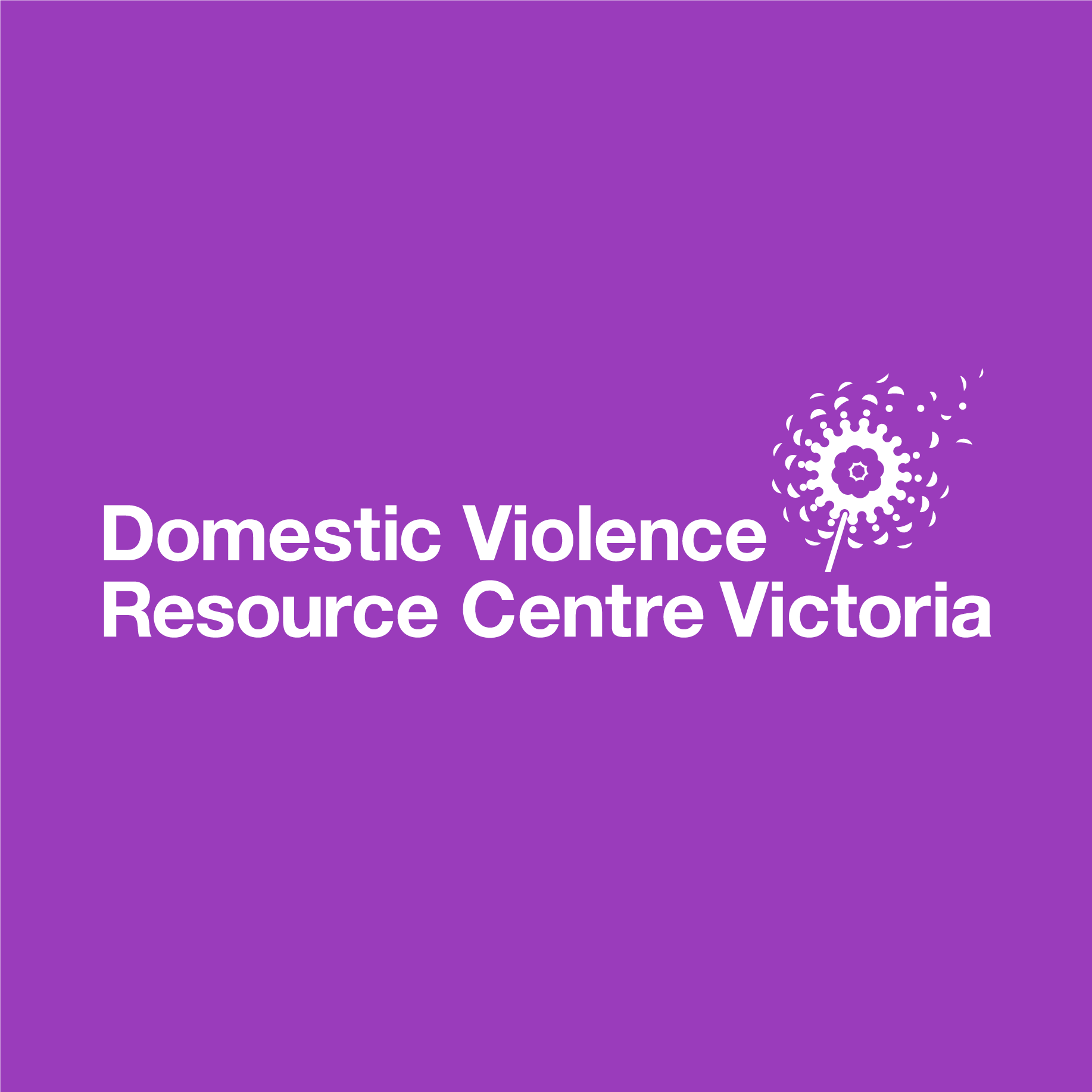We’re about halfway through the Family Violence Rolling Action Plan 2017–2020, how do you think the sector reform is tracking towards achieving the stated outcomes?
Minister Williams:
The sector should feel very proud of the work already done. Creating sustained, long-term and systemic reform is extremely challenging.
Our commitment to prevent family violence is enshrined in legislation through the establishment of Respect Victoria. We have rolled out five of the Orange Doors – providing a single entry point for victim survivors of family violence – and intend to have the remaining 12 operational by 2021.
We are driving an understanding of the link between gender inequality and family violence through our mass behaviour change campaigns. The second of these, Respect Women – Call it Out, has reached 5.2 million Victorians.
Emily Maguire:
Given the scale of the task and the depth of change, I think the reforms are tracking quite well across the state. The level of commitment we have around ending family violence across politics, the public and a wide range of sectors involved in these reforms is truly staggering; if we can maintain this commitment, I believe we will over time see the vision of the Royal Commission realised.
I think we’ve made progress in a lot of areas – we have strong new cross-sectoral partnerships, new prevention work is taking place across the state and more agencies than ever are seeing family violence as their core business – but as with any large-scale reform there is still lots more to do.
In the coming years it will be important to take stock of what we have achieved and learnt, and to think about what we should continue, what is still missing and what we need to improve or shift to ensure the best outcomes for women and children living with family violence.
What do you think some of the major challenges are in the reform journey over the coming years?
Minister Williams:
One of the hardest parts of reform like this is the time it takes – to not only build a system that creates behavioural change, but to see this flow through to results, in declining incidents of family violence.
It will take at least 10 years, if not more – but we know it can be done. Changes in attitudes toward drink driving took more than 20 years of sustained effort to achieve, but now they are entrenched in our lives.
Emily Maguire:
With any change comes challenges; the more we understand about what these are, the more we can plan and work together to address them.
Some of the challenges are about the people and the organisations doing the work; maintaining the pace and level of work required in a reform environment, increasing the pool of skilled prevention and response practitioners to do this work, and finding a balance between engaging with long-term reforms and maintaining the day-to-day work of organisations are joint challenges we all face.
Other challenges are more structural or theoretical; trying to coordinate a reform this complex and nuanced; bringing together differing theoretical frameworks and ensuring that the needs of women, young people, children and men are addressed in the intersections of these frameworks, and ensuring that every piece of work remains true to the intent and vision of the Royal Commission.
Whilst the challenges are significant, the depth of commitment from everyone involved will mean we can continue to work through these challenges as the reforms progress.
What is most inspiring or exciting about your work and/or the reform journey at the moment?
Minister Williams:
The most inspiring part of the work for me is how those with lived experience of family violence are guiding these reforms and how incredibly resilient they are.
Working with the Victim Survivors’ Advisory Council – set up by government in 2014 and chaired by Rosie Batty – is an absolute privilege, and the Council’s direct advice to government has been crucial to our progress so far.
It’s also exciting to help shape a global movement of change. We in Victoria are leading the world with this work.
Still so far to go – but never forget the big steps forward that are already taking us on that journey.
Emily Maguire:
There are three things in particular that help keep me inspired in my work.
The first is the opportunity to be a part of once-in-a-lifetime change for an issue I care so passionately about.
The second is the people I work with – the team at DVRCV, my colleagues across the not-for-profit sector and government alike – all of us have different roles, but the passion, intelligence and commitment of the people I work alongside is inspiring.
And the third is the victim survivors who, I hope, will be the ultimate beneficiaries of these reforms. Being a part of creating a world where women and their children are safe, and where all people are able to engage in healthy and respectful relationships, is what drives so many of us in this sector.

